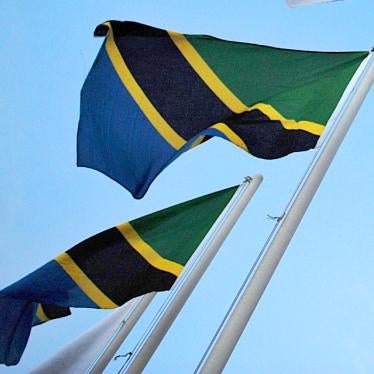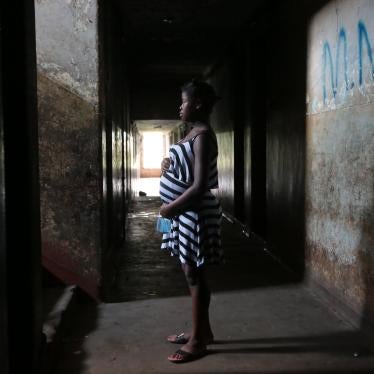Last Saturday, Prime Minister Mizengo Pinda opened Education Week at Jamhuri stadium in Dodoma, setting off a national debate about the state of schooling in Tanzania. The week’s theme is “Quality education for all is possible”, and it is part of the government’s Big Results Now initiative, which aims to improve education and boost economic development.
Quality education for all is not only possible, it is every child’s right. Under Tanzanian law and international treaties that Tanzania has ratified, everyone under 18 has a right to education. Yet hundreds of thousands of children in Tanzania are pushed out of school each year long before they reach 18 because they fail the Primary School Leaving Exam. Passing the exam is required for access to public secondary education. But morethan 400,000 children, 49.4 percent, failed the exam in 2013. The year before, a staggering 69.3 percent failed. Girls are disproportionately affected, with lower percentages passing the exam.
Exams to assess performance are of course a legitimate and crucial educational tool. Exams motivate students to give their best, and help make decisions about what schooling and educational support a child needs. But all children should have access to secondary school, whether they excel at the test or not. The PSLE should simply not be used as a barrier to further education, but only to assess performance.
Increasing the quality of education in Tanzania is crucial to improving performance on this and other exams. But a child’s opportunity to get an education should not be blocked based on performance. These children have the same right to education as the higher performers. Under the International Covenant on Economic, Social and Cultural Rights, to which Tanzania is a party, secondary education “shall be made generally available and accessible to all by every appropriate means,” and not be dependent on a student's apparent capacity or ability.
Upholding the PSLE as a selection mechanism may also contribute to other violations of children’s rights. During an investigation on child labor in small-scale gold mines in Tanzania, we found that children who failed the exam, and were therefore kicked out of the education system, were at greater risk of becoming involved in hazardous child labor in small-scale gold mines.
I interviewed boys who were working underground for 24 hours at a time, carrying heavy loads, and using toxic mercury. The head teacher of a primary school in Kahama district explained: “Most children who do not pass Standard 7 [by passing the PSLE] immediately go into mining, grazing, and family activities.” A woman working at a small-scale gold mine in Geita district observed that, “Most of the ones that are here failed Standard 7.”
The Tanzanian government is considering a new education and training policy that would make secondary education compulsory up to Form 4, at about age 17. Although the policy does not mention the PSLE, it could open the door to change. To honor the theme and the spirit of Tanzania Education Week, the government should adopt the new education policy now and ensure that the primary school exam is no longer used to block pupils from secondary school. Let’s not forget the “all” in “Quality education for all.”
Juliane Kippenberg is a senior children’s rights researcher at Human Rights Watch.








